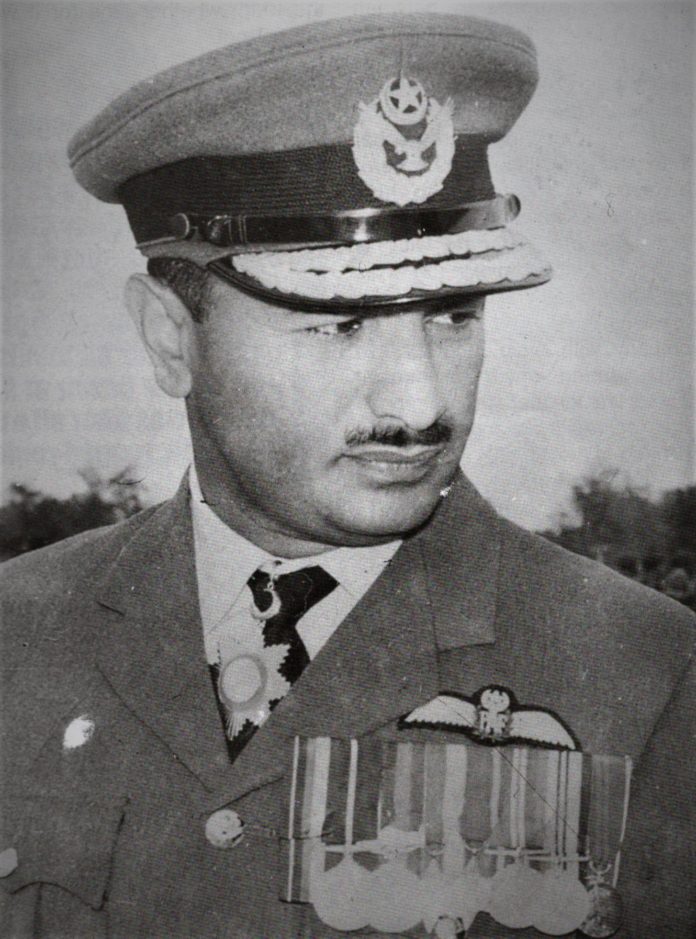Writing eulogy about someone is normally very easy, but paying tributes to a person, towering in character, honest and straightforward is a tedious job. But having known Air Marshal Asghar Khan, associate with him for decades, places enormous burden on me. I will be failing in my duty, in fact would be deceitful if I do not write a few lines about him.
He was a thoroughbred gentle-man, being a commander in chief of Pakistan Air force in its infancy, and building it on sound footing to make it a real combating force, was some-thing that no one denies. He was father of PAF, tremendous professional, and provided the much-needed lead to defender of our skies, whose evidence is in plenty, emerging from the heroics of the air force in 1965.
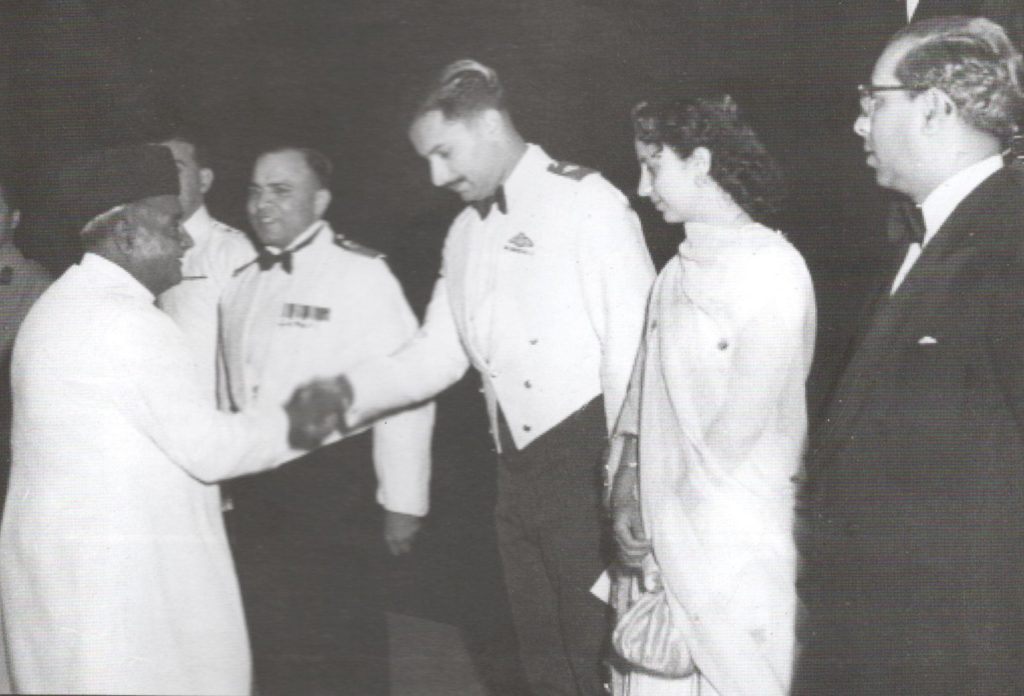
Credit for challenging the Indians in 1965 war will go to his successor Air Marshal Nur Khan, who left us far more quickly than we could have ever thought. Yes, the credit in all fairness must for clinching the issue of air combats, and knocking the Indian Air Force out of the skies, will and must go to Nur Khan, but Asghar Khan deserved equal treatment.
He remained in office from 1955 to 1965, and left just two months before the September war with India in 1965 due to differences with the then military dictator, the self-styled Field Marshal Ayub Khan. His first and only other government assignment afterwards was to be the President of Pakistan International Airlines. Asghar Khan was mere 45 when he quit the coveted job on his own.
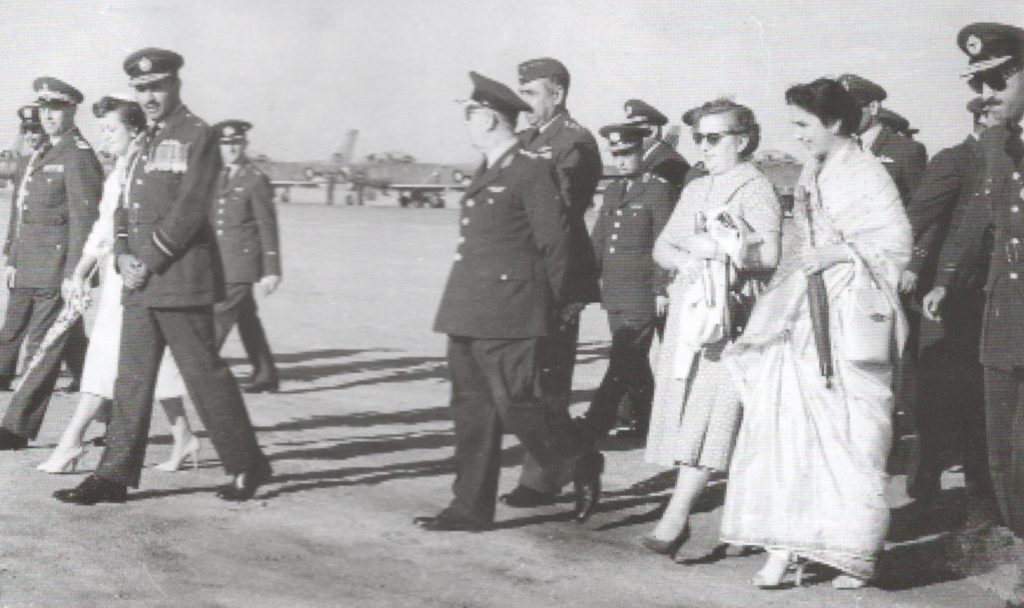
The post of PIA Managing Director or Chairmanship was upgraded as President only in his time, Nur Khan was earlier managing director of PIA as air commodore, and then again held that office as Chairman in between 1973 for few years. He took the national carrier to pristine heights making it one of the finest commercial lines of the world.
My first meeting with Asghar Khan was in October 1969, when I requested a meeting with him, which was instantly conceded. Asghar Khan received me with his gracious wife Amna at his Abbottabad residence. This was he time when late Mr. Bhutto had parted company with Ayub, and for two hours, during which he himself poured tea for me, we exchanged notes on rapidly changing political scenario of the country.
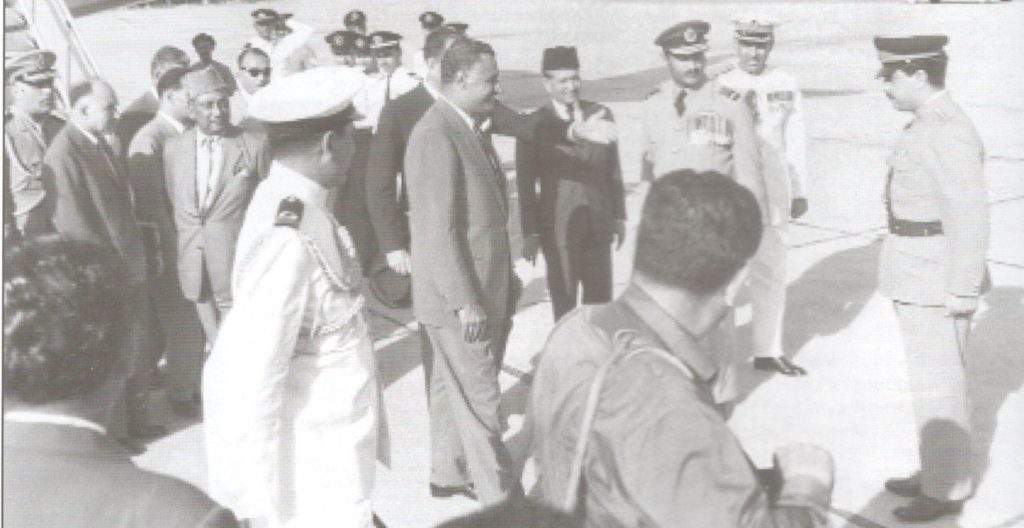
Almost a later, Asghar Khan then 49 or so, was enormously courteous, highly dignified extremely humble, and I can say with some authority that his entry into politics created a stir in the country, but against the general expectation of him and Bhutto joining hands to start a new political era which stood suffocated because of the high-handedness, censor on media and tyranny with the support of late Nawaz of Kalabagh who despite being honest, was after all a feudal lord and that too from Kalabagh, rugged region of the country.
I have no hesitation in admitting that Asghar Khan possessed tremendous maturity, insight and vision into domestic and foreign affairs, but his honesty became almost like incurable diseases. He would not hesitate to the tell the truth, because dishonesty was not in his blood. He just could not resist informing the people as to what was right and what was wrong. Politics is a dirty game, thrives on dishonesty, or at-least on holding back the truth till the time is right for telling it. He not only lacked that art, if that is to be called an art, but considered it morally bound to tell the truth, whether time for it was right or not.
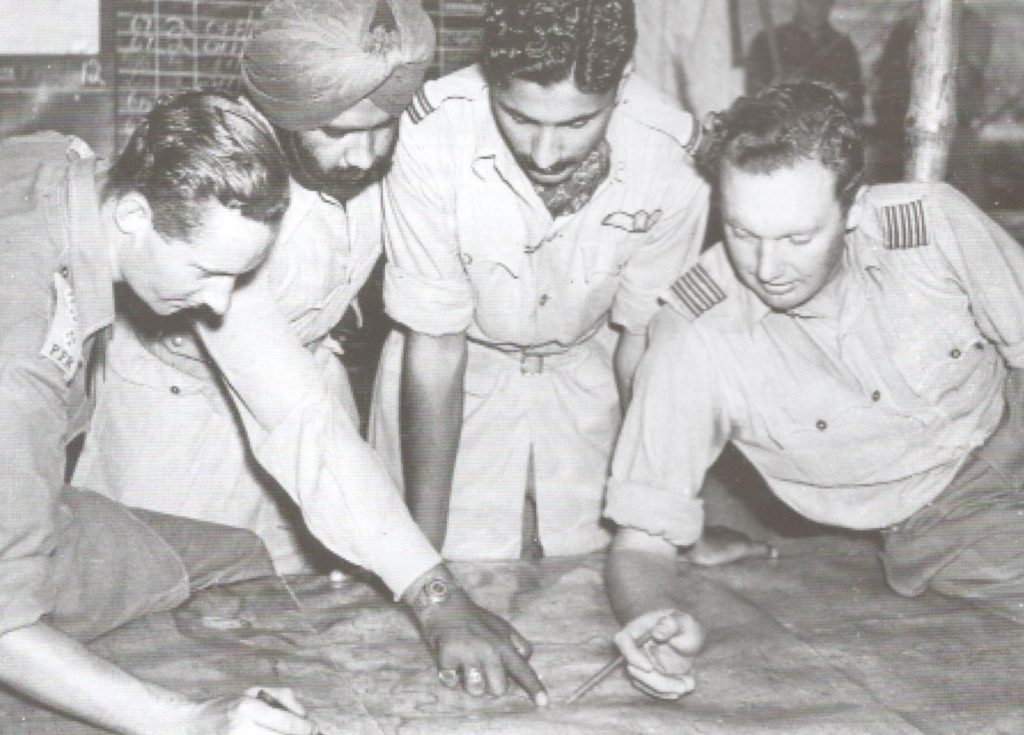
That became his major handicap, and with minor adjustment in his attitude and approach, he would have been the head of the government, had he not told the bitter truth in General Zia’s face that he was a disgrace for the country. He missed power by a whisker because of his commitment to honest and integrity. I often debated with him that political parties are different from charitable organizations. Politicians without compromises can never hope to ascend to authority. Asghar was totally averse to that, hated to tell lies, and suffered immensely.
I’ve had the privilege of traveling with him through the length and breadth of the country, not once but repeatedly to riverine landscape of former East Pakistan, to mountainous north of Gilgit, Skardu and Baltistan, and to the lush green fields agrarian Punjab and Sindh. It was fun traveling with him through railroad services of the country, and by private cars in company with his Justice Party, which he had founded to contest elections in the two wings of the country, but lost his own seat from Abbottabad in the 1970 elections, held by General Yahya Khan.
Asghar Khan, along with Nur Khan, Admiral Ahsan, the latter two being the uniformed governors of West and East Pakistan, opposed Yahya Khan’s military crackdown against an elected Awami League party of late Sheikh Mujeeb-ur-Rehman, and resigned in protest They were right, for they knew that it would lead to division of the country, which fate accompli on December 16, 1971. The legacy of Asghar Khan will be hard to follow, especially in these days of arrogance, lies and deceit. He was gem of a man God gifted.
Courtesy: Pakistan Observer


